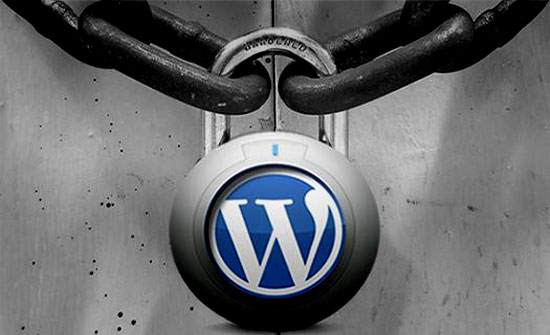Essential WordPress Security Tips – Is Your Blog Protected?
- September 7, 2016
- Posted by: Sadman Sakib
- Category: Security Tips

I have been revisiting the various security settings of my WordPress blog after the sudden database table corruption of this blog for unknown reason last week. In this post I have highlighted some of the security tips that can help protect your blog from possible outside attacks.
Use Strong Passwords for all Entry Points
I was surprised to find out how many of my friends use the WordPress admin password generated by WordPress during install time and thinks that their blog is protected from attacks as they are using a strong password! The WordPress admin password generated during install time is normally pretty strong (consists lowercase and uppercase letters with numbers and symbols) so there is nothing wrong with that. I was mainly shocked to find out that their ftp/cPanel password for that domain is not that strong. It gets even better… one of them were using his partners name as the password (Did I mention that his partner’s name was mentioned on his blog’s ‘About’ page?)! The ftp/cPanel password for your domain is equally important. If someone can access your cPanel then that person can delete your WordPress database from the cPanel->Databases->MySQL Databases. Anyway, the bottom line is to use strong passwords for all entry points not just one.
Add a CAPTCHA on your WordPress Login page
Adding a simple captcha to your WordPress login page is another great way to minimize the chance of a bot/script gaining access to your site via a brute force attack. Read the adding captcha to login page tutorial to learn how to enable it on your site.
Deny access to your Plugins and other directories
A lot of bloggers don’t protect access to their WordPress plugins directory. What I mean by this is that if you go to the www.your-domain.com/wp-content/plugins/ from a browser it shows all the plugins that you are using. Many wordpress plugins can have vulnerabilities which the attacker can use to harm your blog. So, its a good idea to block access to these directories. You can use a .htaccess file or just upload a blank ‘index.html’ file to that directory to block access to these directories. (download a blank index.html)
Update WordPress to the Latest Release
As new WrodPress versions are released the security bugs for previous release becomes public information. WordPress could have vulnerabilities as a result of how the program is written that allow an attacker to pass HTTP arguments, bad URI strings, form input, etc, that could cause Bad Things to happen. So always upate your WordPress to the latest version to make sure that you are protected against any known security bugs.
Don’t Show WordPress Version on Your Blog
You should not make the WordPress version that you are using visible to others for the same reason explained above. The specific WordPress version that you are using can give the attacker an upper hand in finding a way to break in.
Backup Your Data
I can’t stress this enough… always keep backups of all the important files. I always backup my WordPress Database and WordPress files in case of emergency. Read my what would you do if you lost all your blog’s content article to find out how backups can help you sleep better at night 🙂
Be careful when you upload something to your site
When you upload a script (example: a plugin, a theme or just a normal script) to your site you need to be extra careful as it can harm your site if it was designed to do so. Only upload authentic content to your site. Never download a plugin or a theme from a warez or torrent or file sharing sites. The content on these sites can be disguised as a plugin or a theme but it will harm your site when uploaded to your server. You can read more on these types of attack from the free premium plugin and theme downloaders beware article.
Checkout the advanced WordPress security tips article for more tips.
Feel free to share your thoughts and wordpress security tips in the comment area below.
